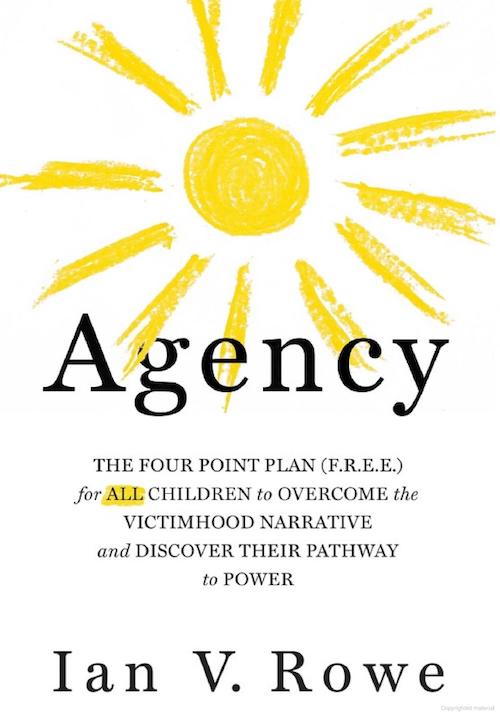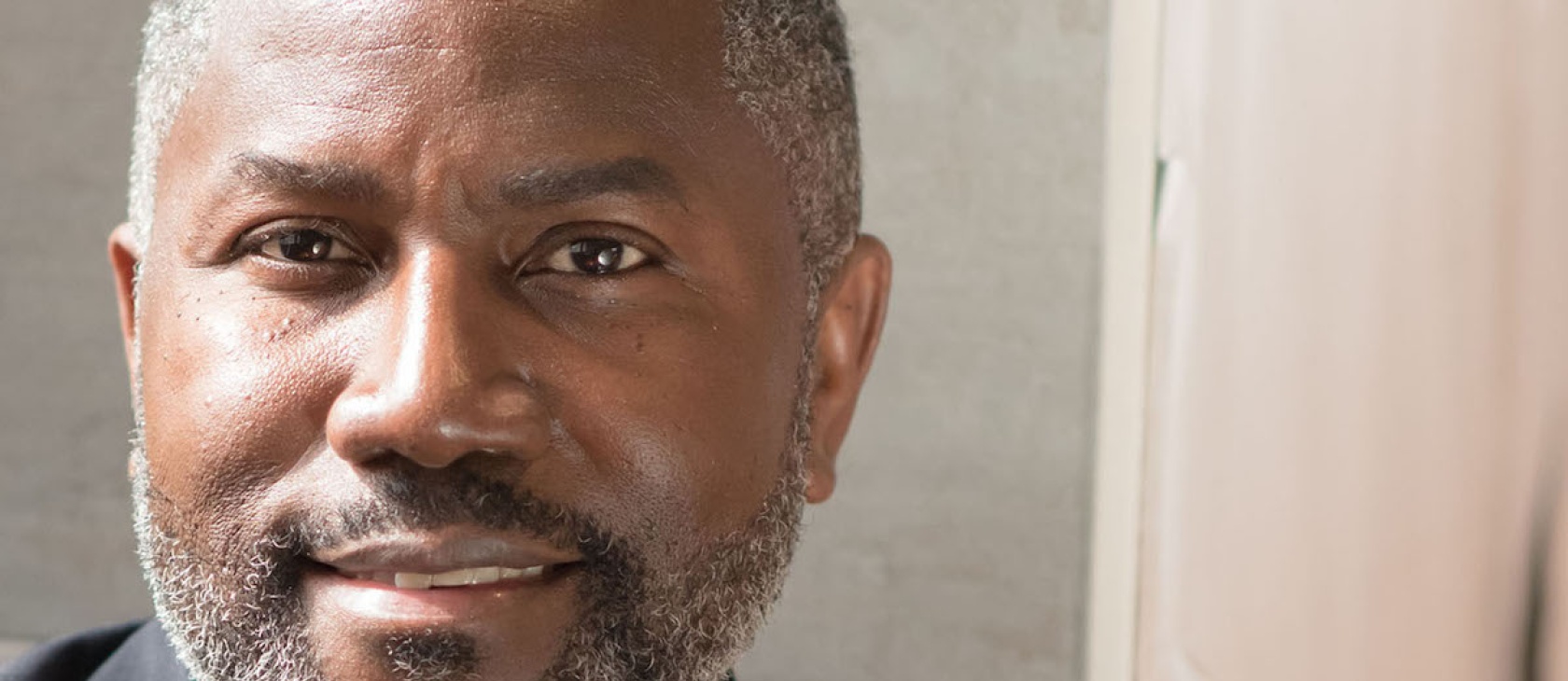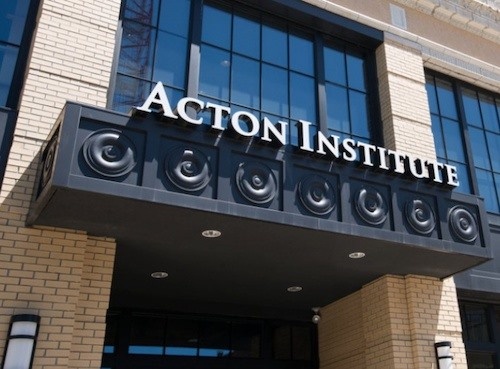In your video True Diversity: Ian Rowe’s Story, you describe the resegregation of your junior high school, in which an annex was created for white students. Your parents initially wanted you to go to this new annex, but you insisted on staying at your predominantly black school, feeling that you did not have to be surrounded by white students to succeed. Your parents relented. How do you think your education, and your professional future, would have been different if your parents had gotten their way?
Since the death of George Floyd, there has been an explosion in completely useless, insulting, and hopelessly ineffective actions that are purportedly intended to make progress toward racial “equity.”
I had never challenged my parents on anything, but moving schools just because of our race seemed wrong. When my parents relented, something changed in me. What I experienced then at 12 years old is what I would now describe as my first encounter with agency—the belief that I play a huge role in crafting my own destiny. Had my parents forced me to transfer to the predominantly white school, I am pretty sure I would not have developed the same level of investment and personal responsibility in my own education. I also would not have fiercely developed the idea that any school—regardless of its demographic or racial composition—can and must be held to the highest of expectations. It’s why in every school that I have led I have strived to ensure that there are no victims—there are only architects of their own lives.
You have played a signal role in the start-up of charter schools in NYC and now have created Vertex Partnership Academies, which offers international baccalaureate degrees to students in the Bronx. What was the inspiration for this? What do you hope to provide for students that they might not otherwise have attained?
For 10 years I was CEO of a network of public charter schools at the elementary and middle school level in the South Bronx. When our eighth grade students graduated, we worked hard to ensure they were placed in top private, public, and parochial high schools. But there is a structural problem: There are simply too few high-quality high school options, especially in low-income communities in the Bronx and throughout New York. So we designed the first-of-its-kind International Baccalaureate public charter high school that offers two pathways: Diploma and Careers (which will allow students in their junior and senior years to pursue apprenticeships toward earning professional credentials in particular industries). For that good deed, we were sued by the UFT teachers union! Thankfully, a New York State Supreme Court judge threw out the union’s case, and we opened Vertex in August 2022 with more than 100 ninth graders. Offering a unique character-based education, Vertex is organized around the four cardinal virtues of fortitude, justice, temperance, and wisdom, and dedicated to the ideals of equality of opportunity, individual dignity, and our common humanity.

By Ian Rowe
(Templeton Press, 2023)
In an article for Newsweek, you noted that virtue signaling such as marches and new holidays is no substitute for strong family formation in the black community. Do you think government ignores the family issue as well as your strong emphasis on personal responsibility and agency because they believe it amounts to blaming the victim? If so, how do you eradicate this erroneous notion? How do you get beyond the whole victimization mindset?
Since the death of George Floyd, there has been an explosion in completely useless, insulting, and hopelessly ineffective actions that are purportedly intended to make progress toward racial “equity.” Whether it be capitalizing the “B” in blackin newspaper stories, or placing Black Lives Matter signs on suburban lawns, or Quaker Oats pulling the Aunt Jemima brand off store shelves, none of these virtue-signaling actions actually help black people. Do you think the thousands of primarily low-income black and Hispanic students who have attended my public charter schools in the Bronx need a laminated BLM sign in someone’s garden to believe that their lives have meaning and purpose, or to improve their ability to read? No! Meanwhile, critical factors like the structure and stability of the families within which children are raised matter far more to their long-term outcomes than their race. The government consistently omits, ignores, or severely downplays the impact, for example, of the staggering increase of nonmarital births that has occurred over the past five decades, particularly to women aged 24 and under. In the 1960s, more than 90% of all babies were born to married parents; now, more than 71% of babies born to women aged 24 and under are outside of marriage. Moreover, more than 30% of these young women giving birth are already struggling single mothers, now with multiple children to raise on their own. Rather than blaming the victim, we must have the courage to be honest about the dramatically increased probability of poverty, domestic violence, maleducation, and a host of societal ills that will likely befall these children and their children in a cycle of intergenerational disadvantage.
Recent pushes for diversity and inclusion seem to have exaggerated identity politics, which often pits groups against one another. How do you instill a strong personal sense of identity in young people, and a respect for the power of self-definition, without also encouraging an “us vs. them” mentality?
Imagine you are a 12-year-old in seventh grade and one day your teacher walks into class and announces that today’s lesson is going to be a “colorism privilege walk.” The teacher asks all the students to stand up and organize into one horizontal line. The teacher then starts to issue a series of conditional directives. The first one is, “If you are white, take two steps forward.” Then, “If you are a person of color with dark skin, take two steps back.” Then “If you’re black, take three steps back.” This is not a hypothetical situation. This is an actual class that happened in Evanston, Illinois. Unfortunately, under the misguided auspices of DEI, group-identity-focused practices like this are being replicated in classrooms and many businesses across the country. Too often, in practice, the true meaning of DEI is not Diversity, Equity, and Inclusion, but rather Division, Exclusion, and Intolerance. As a growing body of research indicates, these DEI practices often perpetuate the very divisions that its advocates claim to want to eradicate. This is why I advocate for Agency as an empowering alternative to the concept of Equity as defined as the absence of disparities between random identity groups, which is neither a desirable nor an achievable outcome in a free society.
Too often, in practice, the true meaning of DEI is not diversity, equity, and inclusion, but rather division, exclusion, and intolerance.
Are you seeing growing support within black intellectual circles for your work/approach to achievement and the pursuit of excellence? If so, what encouraging signs have you seen? If not, to what do you attribute the resistance?
Thankfully, there is no monolithic black intellectual view. In running schools and writing my book Agency, I am aiming to amplify the voices of the millions of everyday black people and Americans of all races who are raising strong families in marriage, practicing their religious faith, exercising school choice, and living the American Dream. By highlighting the success of these real Americans—of every hue and background—I can better persuade and empower people in the most impoverished circumstances that there is a pathway to power for them too. Frankly, it really doesn’t matter what a privileged black intellectual thinks, as long as a kid on 149th street and 3rd Avenue in the South Bronx knows that she has the capacity to achieve and isn’t dependent on someone else to determine her fortune.
What book(s) have you read at least three times, and why?
The Alchemist by Paulo Coelho. The magical story of a shepherd boy who embarks upon a journey has forever resonated with me. In one passage, the alchemist says to the boy who is aching in a moment of weakness: “Tell your heart that the fear of suffering is worse than the suffering itself. And that no heart has ever suffered when it goes in search of its dreams.” At so many points in my life when I have made the unorthodox choice to pursue a strongly held belief, I have anchored myself in this idea.
Ian Rowe is a senior fellow at the American Enterprise Institute, cofounder of Vertex Partnership Academies, and author of Agency: The Four Point Plan (F.R.E.E.) for All Children to Overcome the Victimhood Narrative and Discover Their Pathway to Power.




